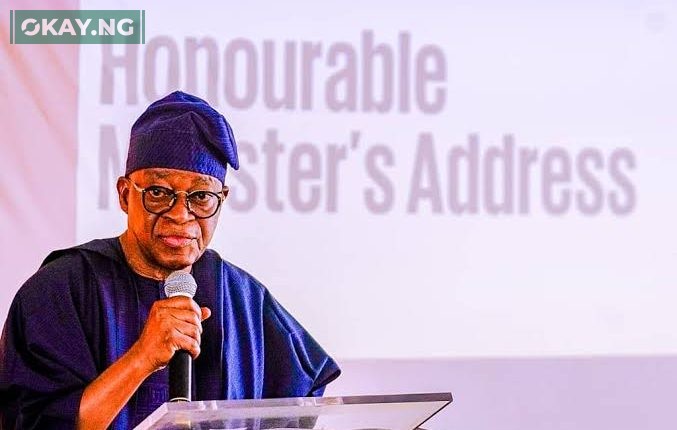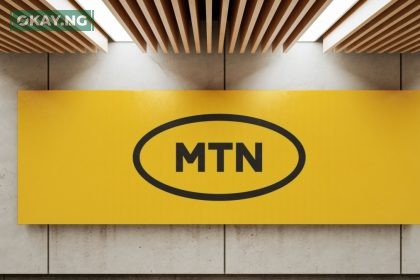Nigeria is positioned to elevate its global maritime standing by vying for a coveted seat on the International Maritime Organization (IMO) Council. This ambitious move, approved by President Bola Tinubu, signifies the nation’s growing influence in international maritime affairs.
The Minister of Marine and Blue Economy, Adegboyega Oyetola, recently announced Nigeria’s intention to contest for a Category C seat during the 34th IMO Assembly slated for November or December 2025 in London. This strategic bid underscores Nigeria’s commitment to becoming a leading maritime nation, driven by recent strides in port modernisation, aquaculture expansion, and international trade facilitation.
“In furtherance of our improved international posture in world maritime governance, we have proposed a bid to contest election into the International Maritime Organization Council (Category C),” Minister Oyetola declared.
The pursuit of an IMO Council seat aligns perfectly with Nigeria’s broader vision for its maritime sector. The recently unveiled National Policy on Marine and Blue Economy, prioritizing technology and private sector involvement, awaits Federal Executive Council approval. This policy framework will undoubtedly guide Nigeria’s maritime development and strengthen its position on the global stage.
Furthermore, the Nigerian Ports Authority (NPA) is poised to embark on a significant modernization and expansion project at the Tin Can Island and Apapa Port Complexes. This ambitious undertaking is projected to create 20,000 jobs, injecting a much-needed boost into the Nigerian economy while enhancing port efficiency and competitiveness.
Read Also: New National Flag Carrier on the Horizon
One of the most significant achievements highlighted by the Minister is the remarkable three-year streak of zero piracy incidents in West African shipping lanes and the Gulf of Guinea. This milestone, attributed to the successful implementation of the Deep Blue Sea Project and Falcon Eye Surveillance Systems, underscores Nigeria’s commitment to maritime security and its role in safeguarding vital sea lanes for global trade.
“Through the efforts of the Ministry, its agencies, and other stakeholders, shipping lanes that traverse West Africa and the Gulf of Guinea have witnessed zero piracy for a record three years,” Minister Oyetola emphasized.
Beyond security, sustainable fisheries and aquaculture are central to Nigeria’s Blue Economy vision. The Minister stressed the importance of upscaling fish production responsibly, leveraging the full potential of Nigeria’s marine resources. This focus on sustainability is evident in the country’s recent achievement of 100% compliance with the 2024 Turtle Excluder Devices Re-certification by the US Department of State. This crucial step paves the way for increased seafood exports to the USA, EU, and other global markets.
To further enhance trade efficiency, the Nigerian government is implementing the National Single Window Project. This innovative digital platform aims to streamline trade compliance processes by centralizing information and connecting ports with relevant agencies and stakeholders.
Nigeria’s bid for an IMO Council seat represents a significant milestone in its maritime journey. By actively engaging in international maritime governance and showcasing its commitment to sustainable development, Nigeria aims to solidify its position as a responsible and influential player in the global maritime arena. This pursuit underscores the nation’s ambition to harness its maritime resources for economic growth and sustainable development, creating a brighter future for its citizens.












